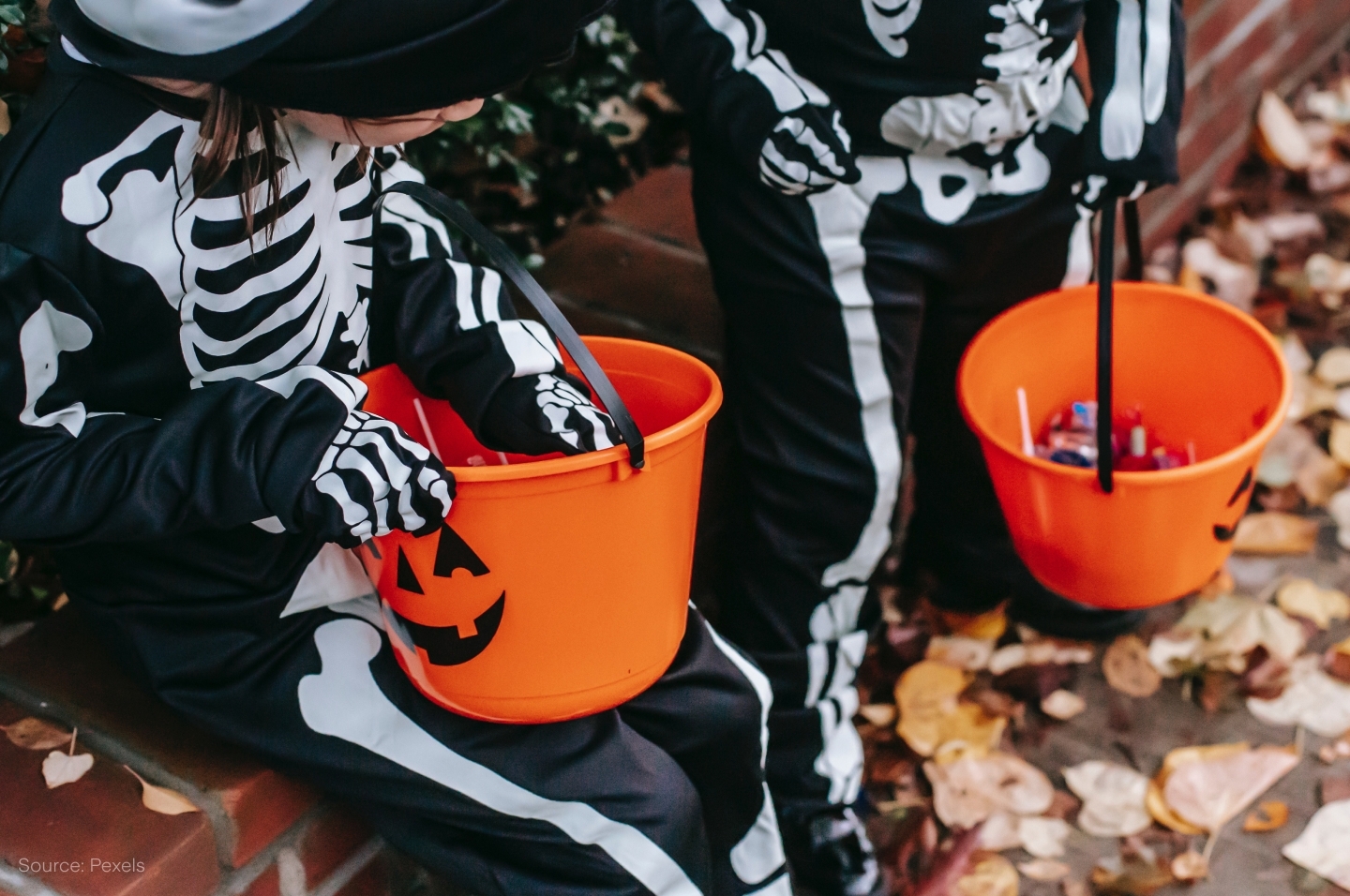
Treats
Could your pets have more swag than you? Despite the hefty prices, the luxury goods industry for pets is booming.
Pets have become an integral part of many families, treated as beloved companions rather than mere animals. This humanisation of pets has blurred the lines between pet care and personal indulgence, leading to a demand for high-end products that reflect the owner's lifestyle and aspirations. Add rising disposable incomes and increasing pet ownership rates and you have a lucrative and rapidly growing sector that could be worth US$5.6b by 2030.
This market encompasses a wide range of products and services, catering to every aspect of a pet's life. Designer clothing and accessories, such as Louis Vuitton collars ($LVMUY) and Gucci leashes, have become popular fashion statements for pets. There are also custom spa treatments, while luxurious hotels costing up to US$200 a night could make your pet wish you left town more often.
Nutrition is also booming, with the burgeoning pet supplements market worth $US2.4b in 2022, while gourmet pet food, often featuring organic ingredients and exotic flavours, caters to the discerning palates of pampered pooches and kitties. One of the leading players is Freshpet ($FRPT), whose revenue has grown at an astonishing annualised rate of 25% in the past five years. It is estimated to reach US$755m this year, though the company has struggled to post positive earnings due to high marketing expenses and distribution costs.
And while these extravagances might seem like a heavy financial burden, it’s worth it when pets rake in vast amounts of money. For instance, if Taylor Swift is a billionaire, that only makes her about 10x richer than her cat Olivia Benson, apparently worth US$97m. Much of its earnings have been through roles in Swift’s music videos and video campaigns for Diet Coke and Keds sneakers, as well as merch sales.
Social media pet stars also generate big incomes. A Pomeranian named Jiffpom reportedly charges over US$32,000 per sponsored post, while the highest grossing feline, Nala Cat, earns US$14,400 per ad. So while going on a shopping spree for your pet can be costly, it could also be considered an investment, should that swag help it become a ‘petfluencer’. Luxury pet goods and experiences could also be one of the few ways for pet brands to gain an edge over bigger retailers. As pet-focused companies like Chewy ($CHWY) and Bark ($BARK) struggle to compete against Amazon ($AMZN) and other e-commerce giants over cheap animal food and toys, differentiation through premium products and services is key. On that front, it’s still a dog-eat-dog world.

